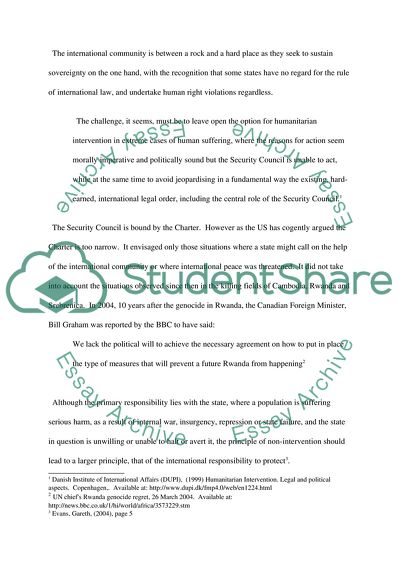Cite this document
(International Law and Institutions Essay Example | Topics and Well Written Essays - 3000 words, n.d.)
International Law and Institutions Essay Example | Topics and Well Written Essays - 3000 words. https://studentshare.org/law/1702964-international-law-and-institutions
International Law and Institutions Essay Example | Topics and Well Written Essays - 3000 words. https://studentshare.org/law/1702964-international-law-and-institutions
(International Law and Institutions Essay Example | Topics and Well Written Essays - 3000 Words)
International Law and Institutions Essay Example | Topics and Well Written Essays - 3000 Words. https://studentshare.org/law/1702964-international-law-and-institutions.
International Law and Institutions Essay Example | Topics and Well Written Essays - 3000 Words. https://studentshare.org/law/1702964-international-law-and-institutions.
“International Law and Institutions Essay Example | Topics and Well Written Essays - 3000 Words”. https://studentshare.org/law/1702964-international-law-and-institutions.


